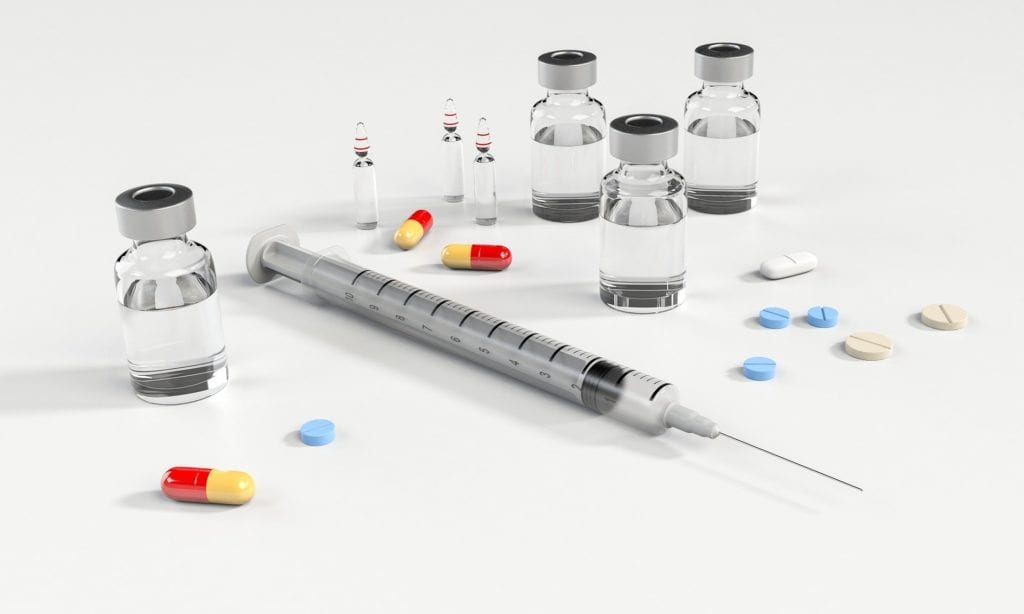
There are two types of healthcare we may receive, namely ‘Preventive’ and ‘Diagnostic’. In general, both are ways to help you stay healthy as much as possible. Knowing the difference between these two healthcare matters and it is always advisable to have a clear picture of them.
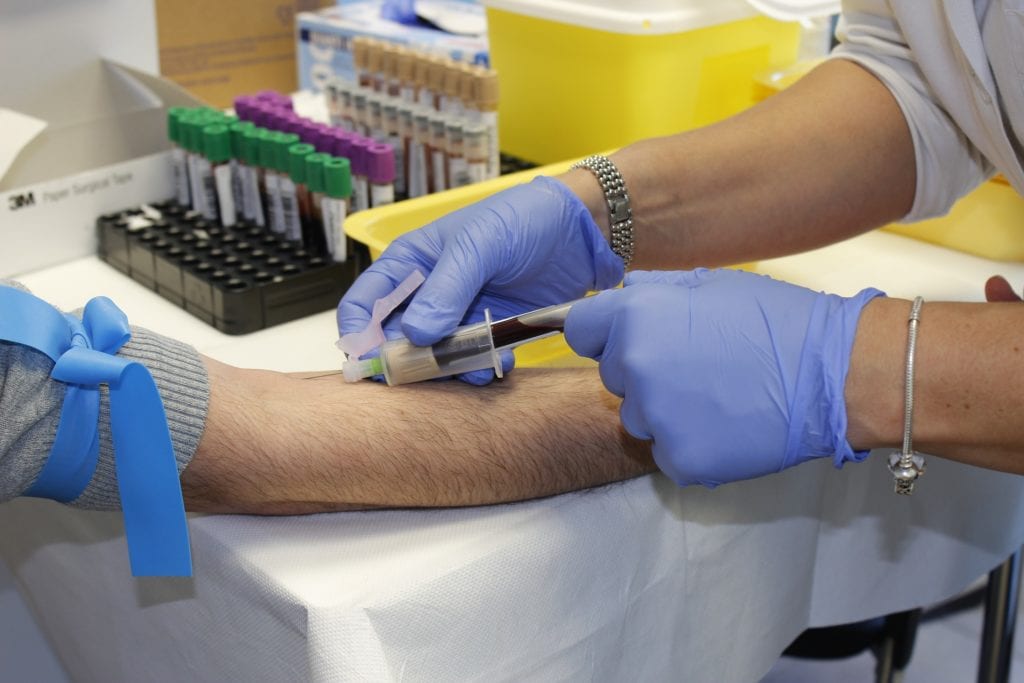
For most people, having blood taken is an easy and relatively painless job; for some, it may be an unpleasant experience and make their vision swim. Regardless of whether having your blood drawn is no big issue or a major problem for you, our latest blog post discusses some quick tips and tricks that might help you to stay calm during a blood test.
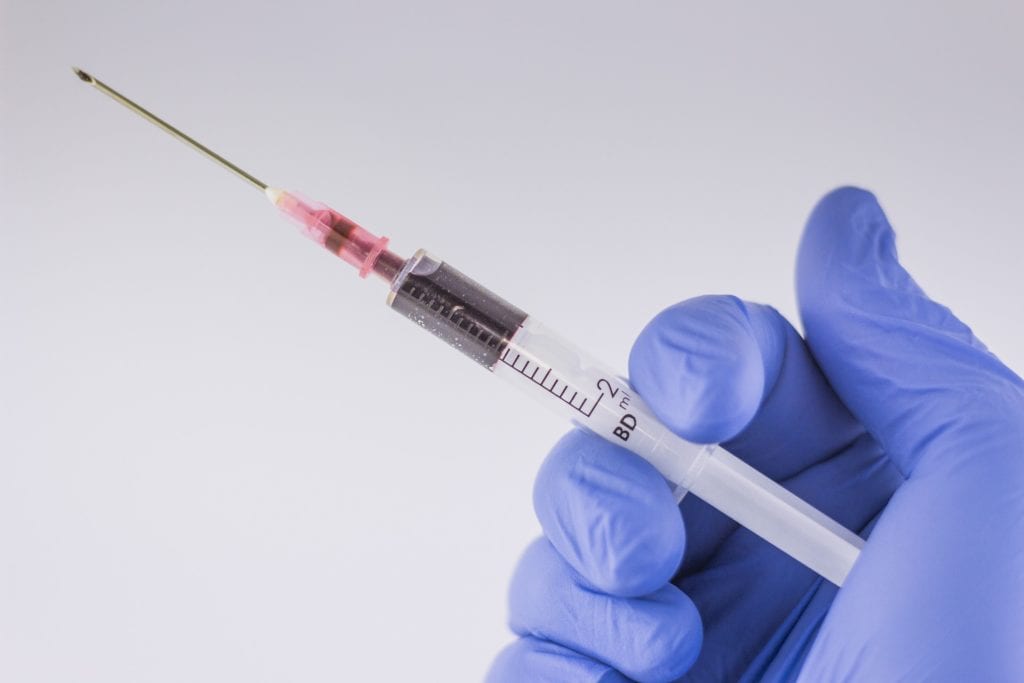
Probably at some point in your life, you may experience the blood draw for either a medical test or for donating blood. For most people, having blood taken is an easy and relatively painless job; for some, it may be an unpleasant experience. For ensuring a comfortable and easy blood draw, one must do some preparation and follow a few simple strategies. This blog post discusses the simple strategies to be followed before a blood draw, during a blood test and post blood draw for an easy and relatively painless experience.

A blood test is a test in which a sample of your blood is drawn for testing in the laboratory.
Usually, no special preparation is required for most of the blood tests. Few blood tests may require fasting for 8 to 12 hours before the blood draw. It means you don’t eat or drink anything, except for water during that time frame.
There are certain questions people want to ask about fasting before a blood test. This blog is dedicated to answering such questions.

Aging is a steady, and continuous process of human life. As we grow older, many bodily functions begin to gradually weaken and can present seniors with various health challenges. According to the World Health Organization (WHO), people 60 years old and above are referred to as older or elderly persons (1). People of this age group are more susceptible to developing diseases and thus, preventive health care (PHC) is highly recommended for them. To put it precisely, prevention is better than cure.
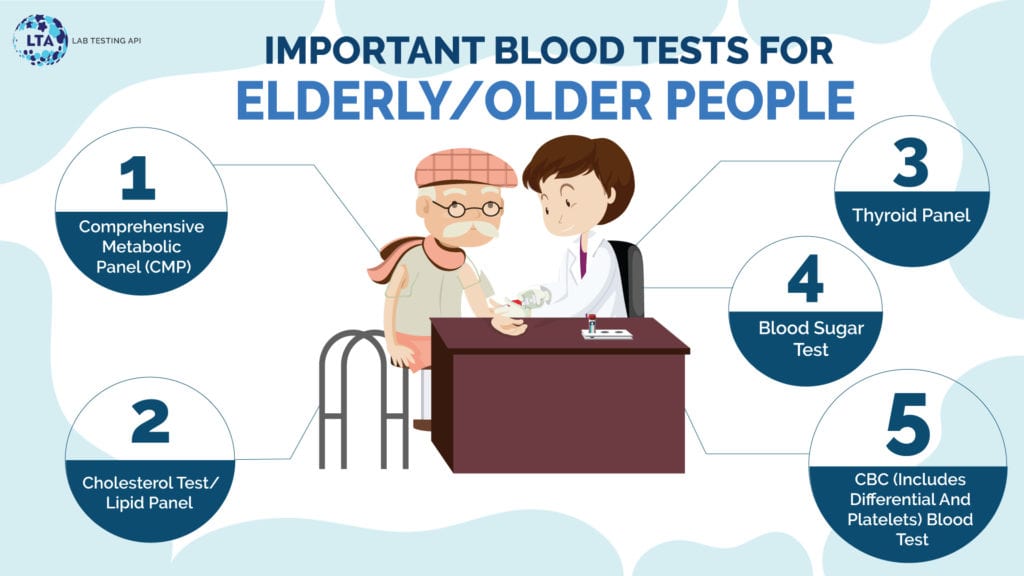
Aging is a part of human life. Human life starts with birth, then it enters the stages of childhood, adolescence, adulthood, and finally old age. Aging is an inevitable and irreversible process. It is estimated that elderly people account for about 12 percent of the world’s population–and this is rapidly increasing to over 22 percent by 2050 (1). As we grow older, a wide range of changes happens in the body to varying degrees, which could result in different health issues. According to the World Health Organization (WHO), people 60 years old and above are referred to as older or elderly persons (2). People of this age group usually have high chances of developing diseases and preventive health care (PHC) is highly recommended for them. To put it accurately, prevention is better than cure.
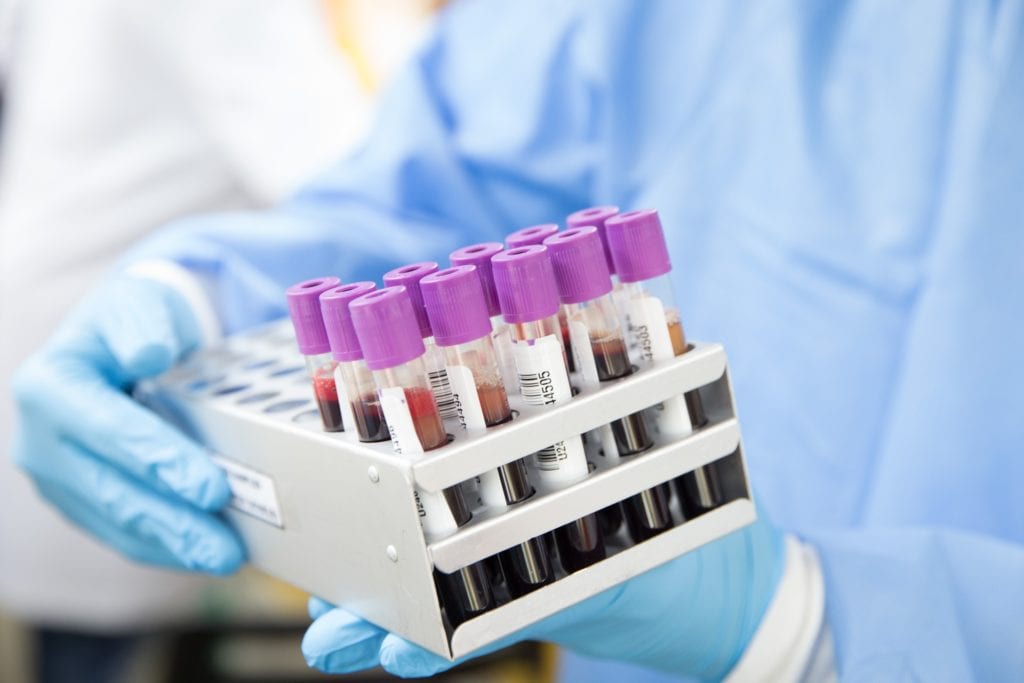
The corporate world is experiencing a paradigm shift with more female employees slowly rising the ladder and creating their own position in the once called “men’s world”. A successful woman today flawlessly juggles between their roles at home and work and is smartly reprioritizing their focus where and when it needs. This huge portfolio of responsibilities surely demands double the amount of energy to keep going, so maintaining good health is vital for women.
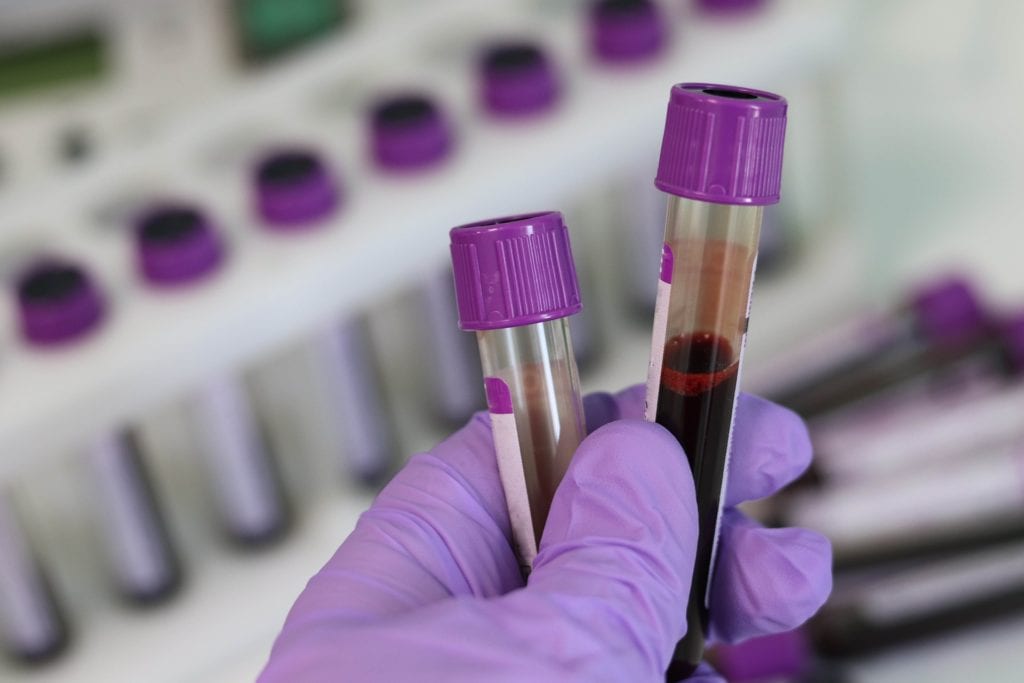
A blood test is a test in which a sample of your blood is taken for testing in the laboratory. The specimen could be serum, plasma, or whole blood based on what type of test is recommended by your doctor. Prior to each specimen/sample collection, the Phlebotomist reviews the appropriate test description, including the specimen type indicated, the volume, the procedure, the collection materials, patient preparation, and storage and handling instructions.